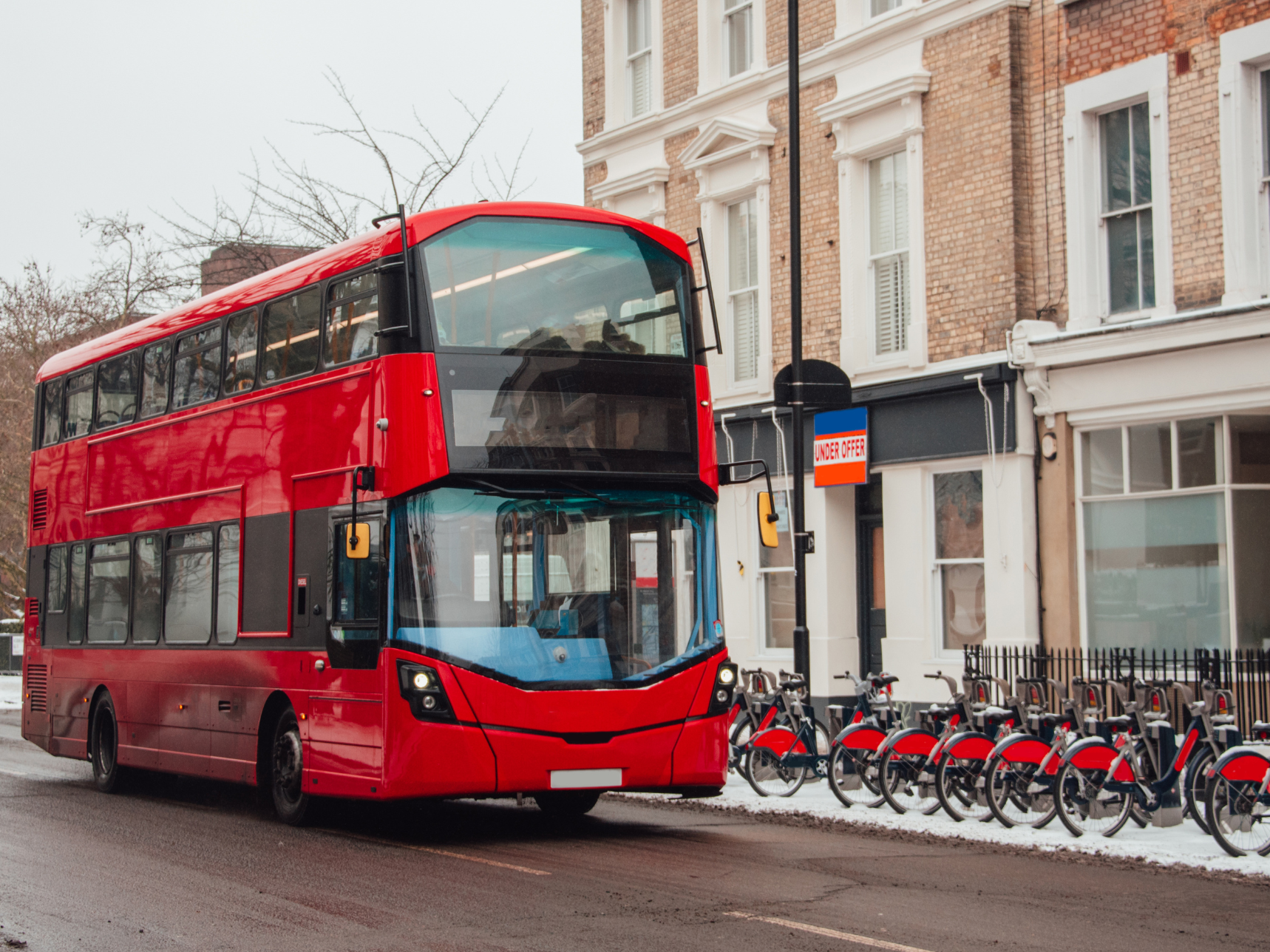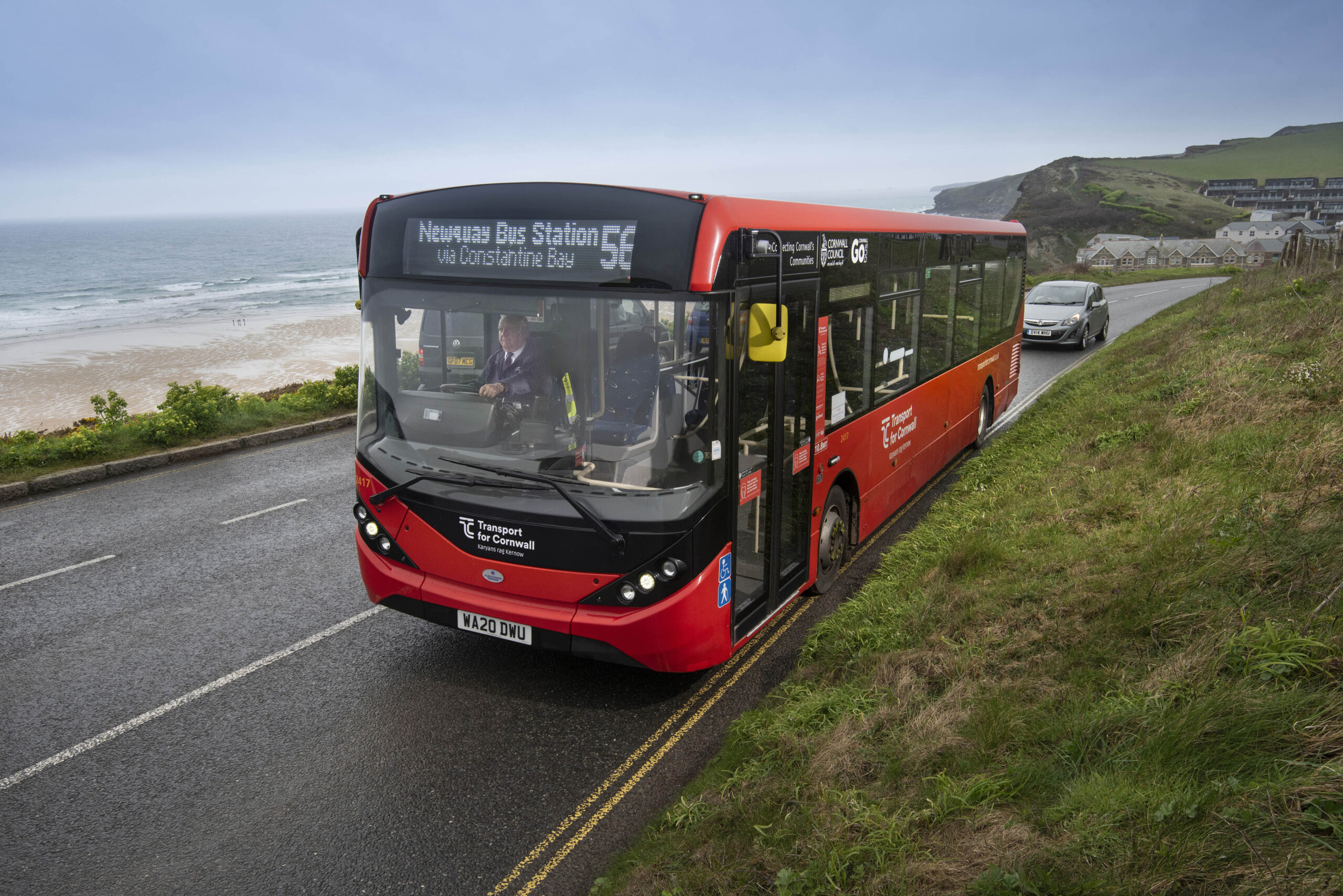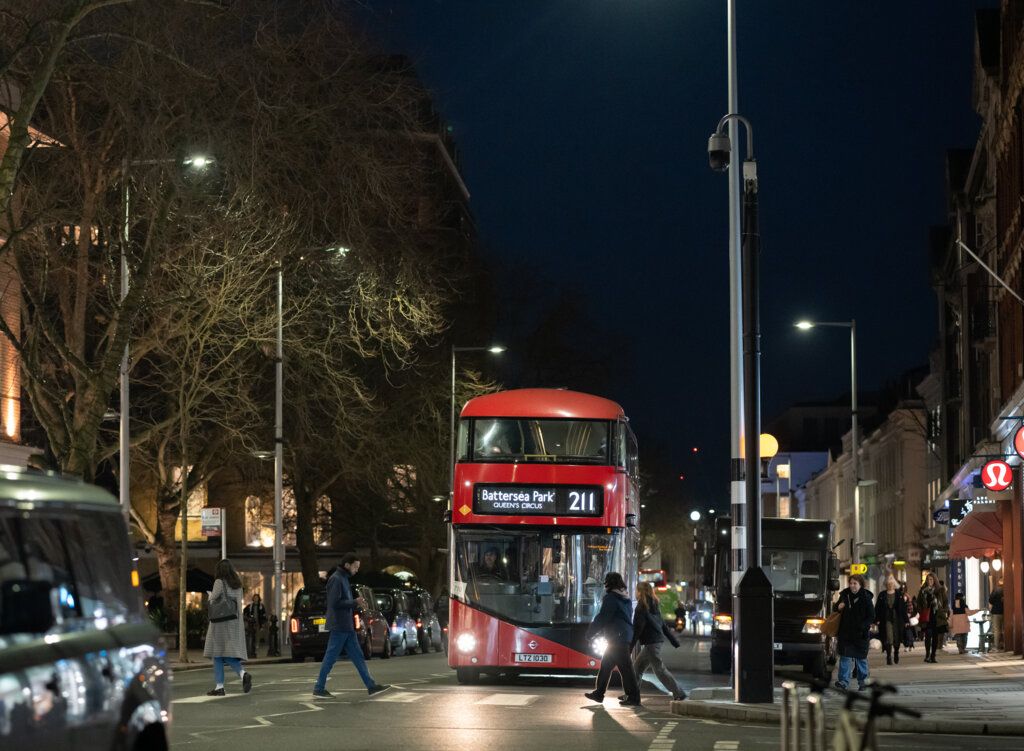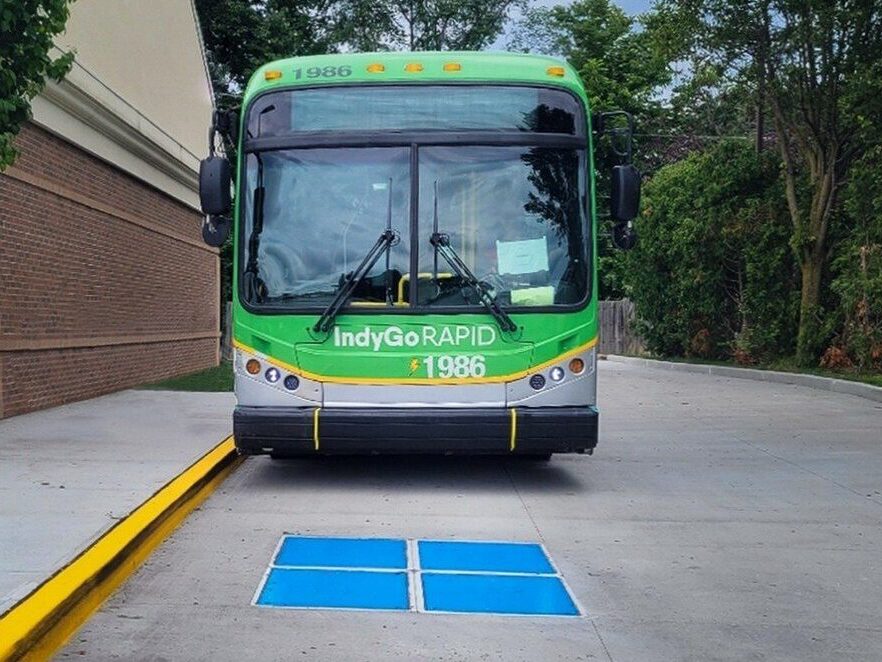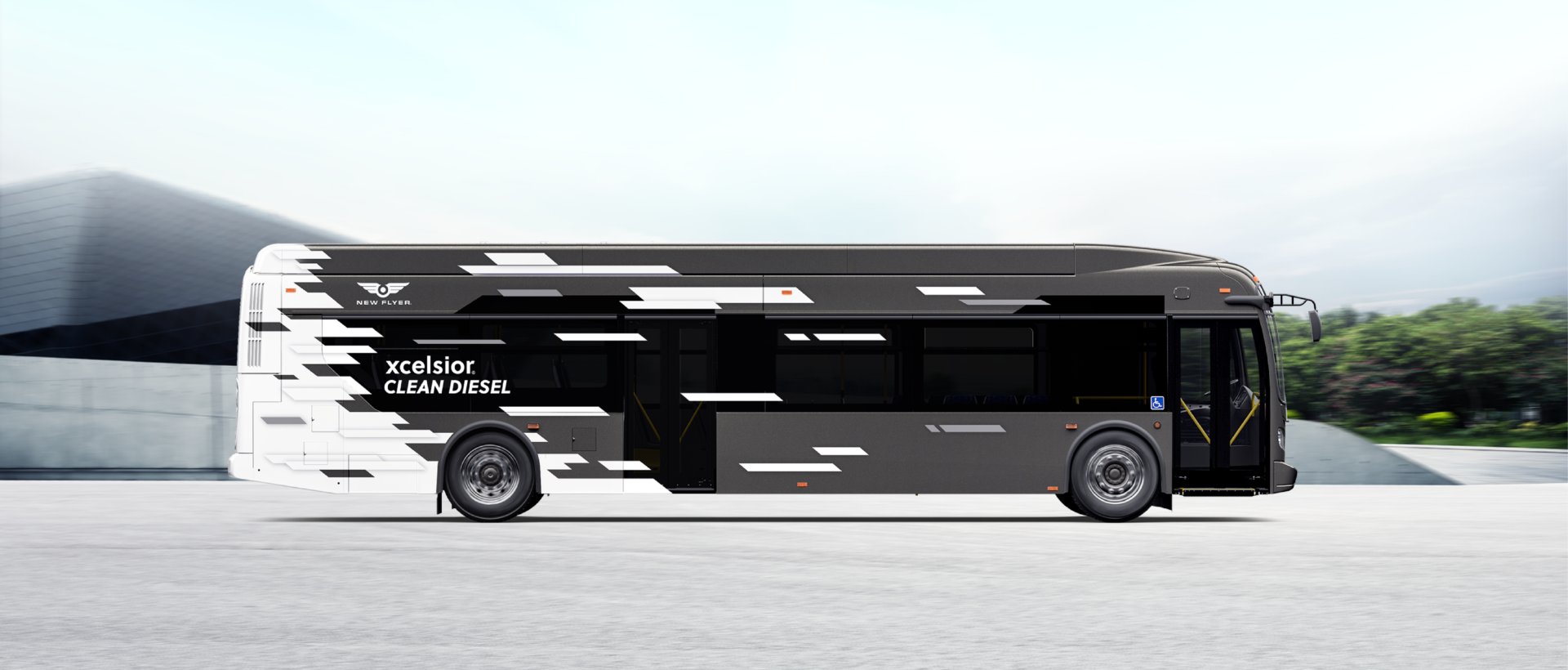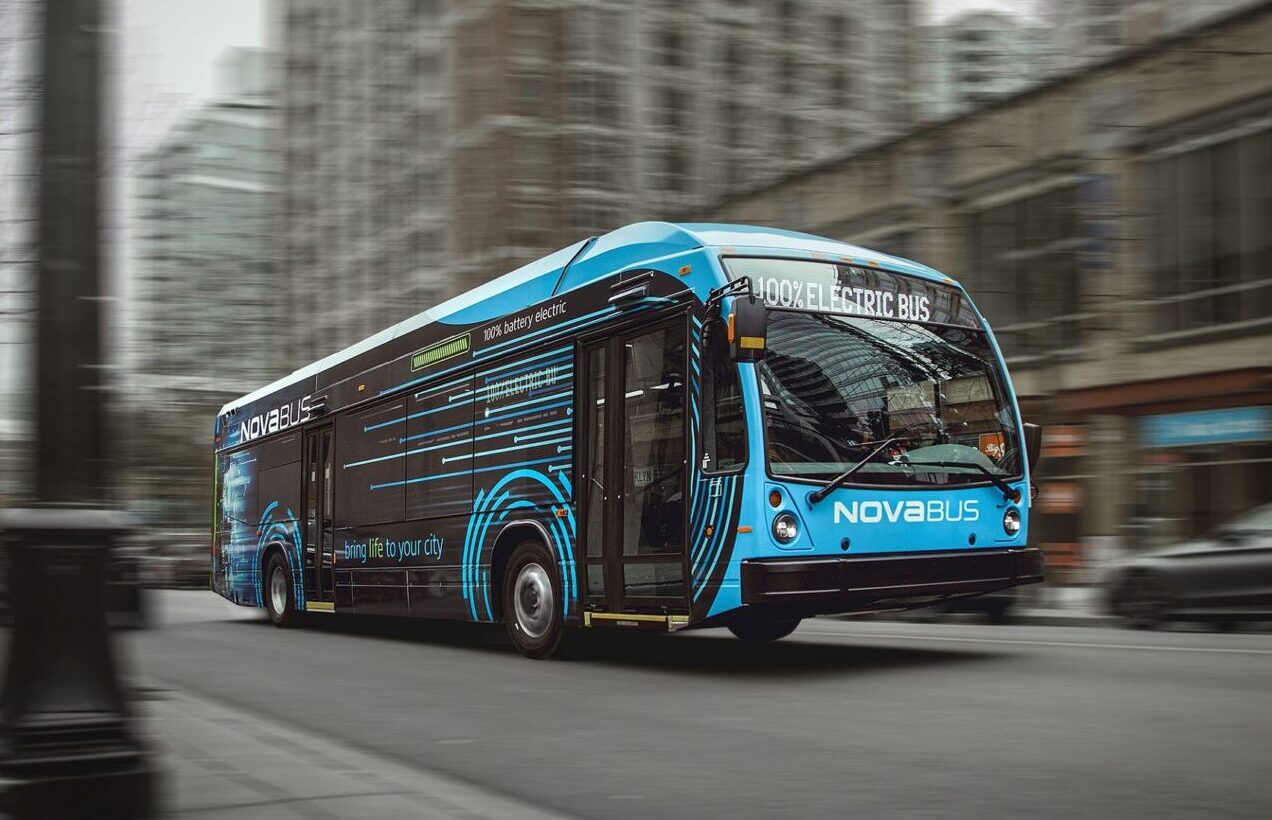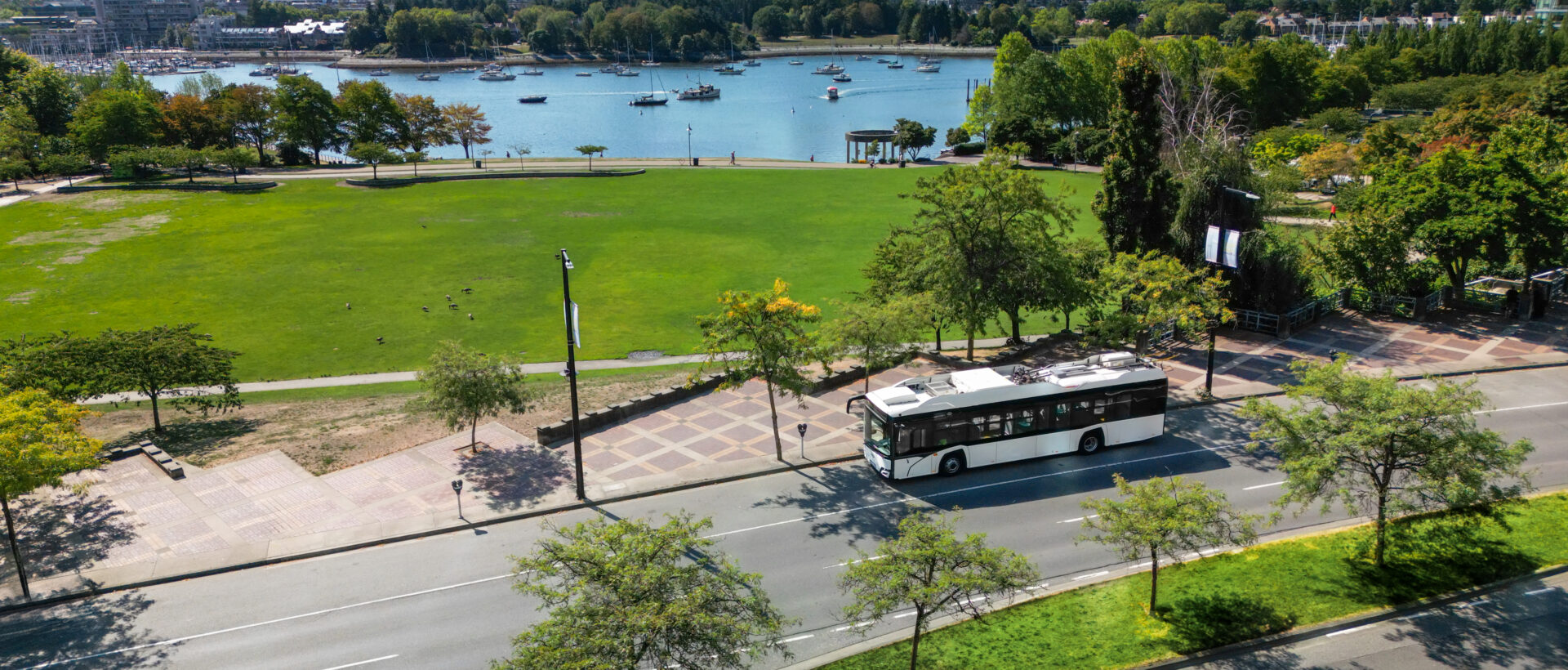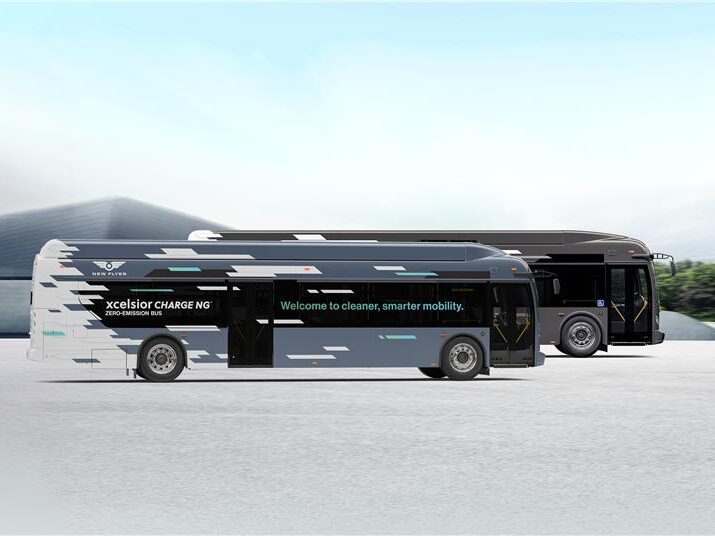The Mayors’ Council and TransLink’s Board of Directors have approved TransLink’s 2025 Investment Plan, setting the stage for one of the most significant expansions in bus service in Metro Vancouver since 2018.
The plan includes increased service on crowded routes, the development of Bus Rapid Transit (BRT), and steps to reduce TransLink’s long-term structural deficit.
The approved plan builds on service increases introduced in 2024 and aims to enhance accessibility to employment areas, regional parks, and underserved communities. It also includes investments in road maintenance and infrastructure for walking and cycling.
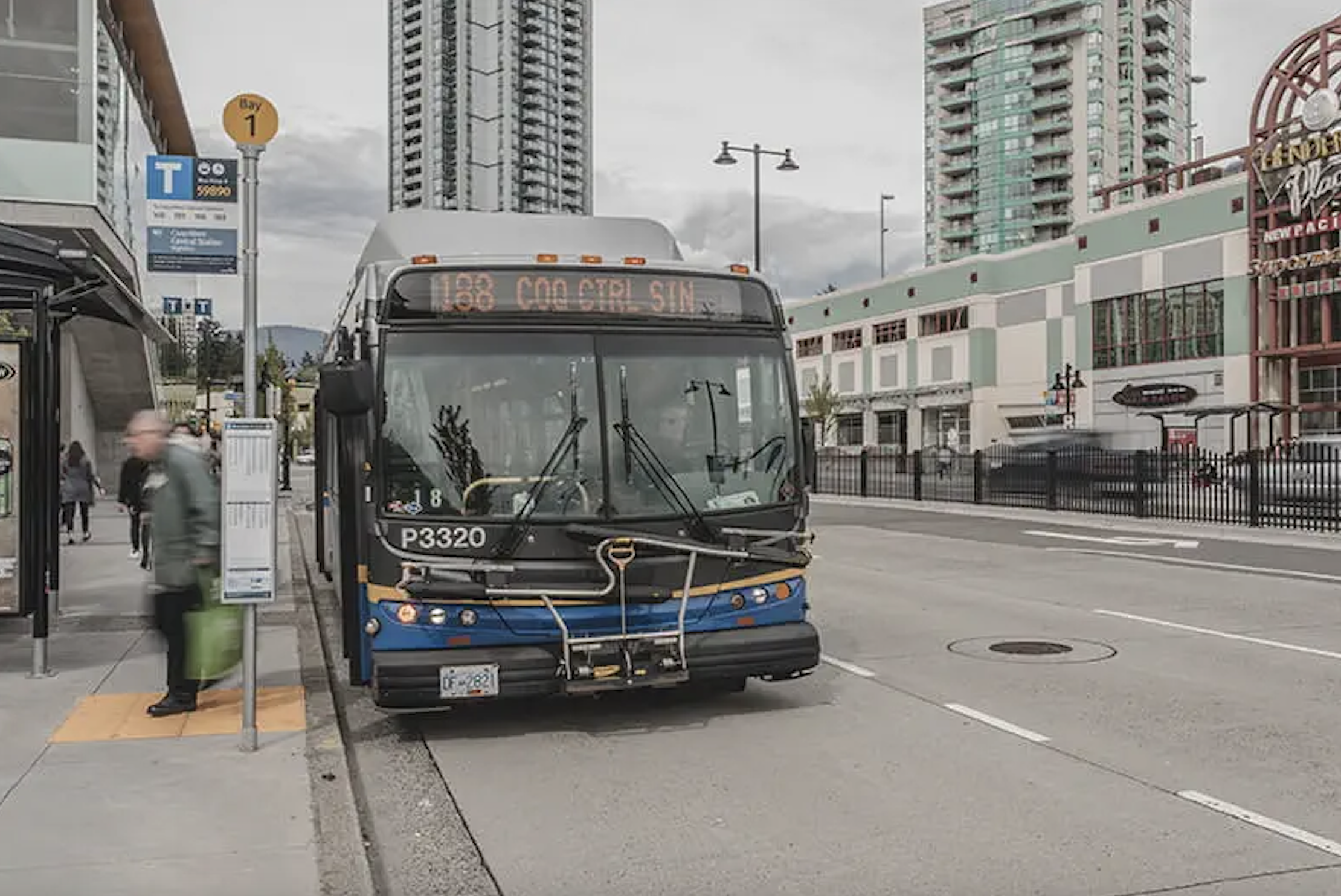
Key Transit Improvements
The plan will introduce new routes in eight areas currently without public transit and will improve or expand service in six others. Specific benefits include:
- Service upgrades on 50 high-demand bus routes
- New or improved service on 40 routes, including 14 areas with little or no transit access
- Extension of the R2 RapidBus from the North Shore to Metrotown by 2027
- Progress on BRT planning, with three corridors moving into the design phase
- Pavement rehabilitation across the Major Road Network to address road deterioration
- Continued support for active transportation, such as walking and cycling infrastructure and bus priority measures
The plan also highlights improved connections to employment hubs such as Campbell Heights in Surrey, Gloucester in Langley, and Tilbury in Delta, along with greater access to public parks including Stanley Park, Terra Nova Park in Richmond, and Golden Ears Provincial Park in Maple Ridge.
Addressing the Financial Deficit
TransLink had been operating with a structural deficit exceeding 600 million CAD annually, driven by a mix of falling fuel tax revenues, rising operational costs, and fare increases limited to below inflation between 2020 and 2024.
The 2025 Investment Plan will fully fund operations through to the end of 2027 and is expected to reduce the structural deficit by nearly 50% in the following years.
The financial strategy includes several new revenue measures:
- A 20 CAD property tax increase for median-value households in 2025
- A 0.14 CAD average fare increase starting in July 2026
- A 312 million CAD one-time contribution from the Government of British Columbia
- A commitment to establish a new revenue source by 2027
TransLink has acknowledged the role of its government partners, particularly the Province of British Columbia and the Mayors’ Council, in securing the necessary funding. The plan is expected to help maintain reliable transit services and support regional growth and mobility over the long term.











